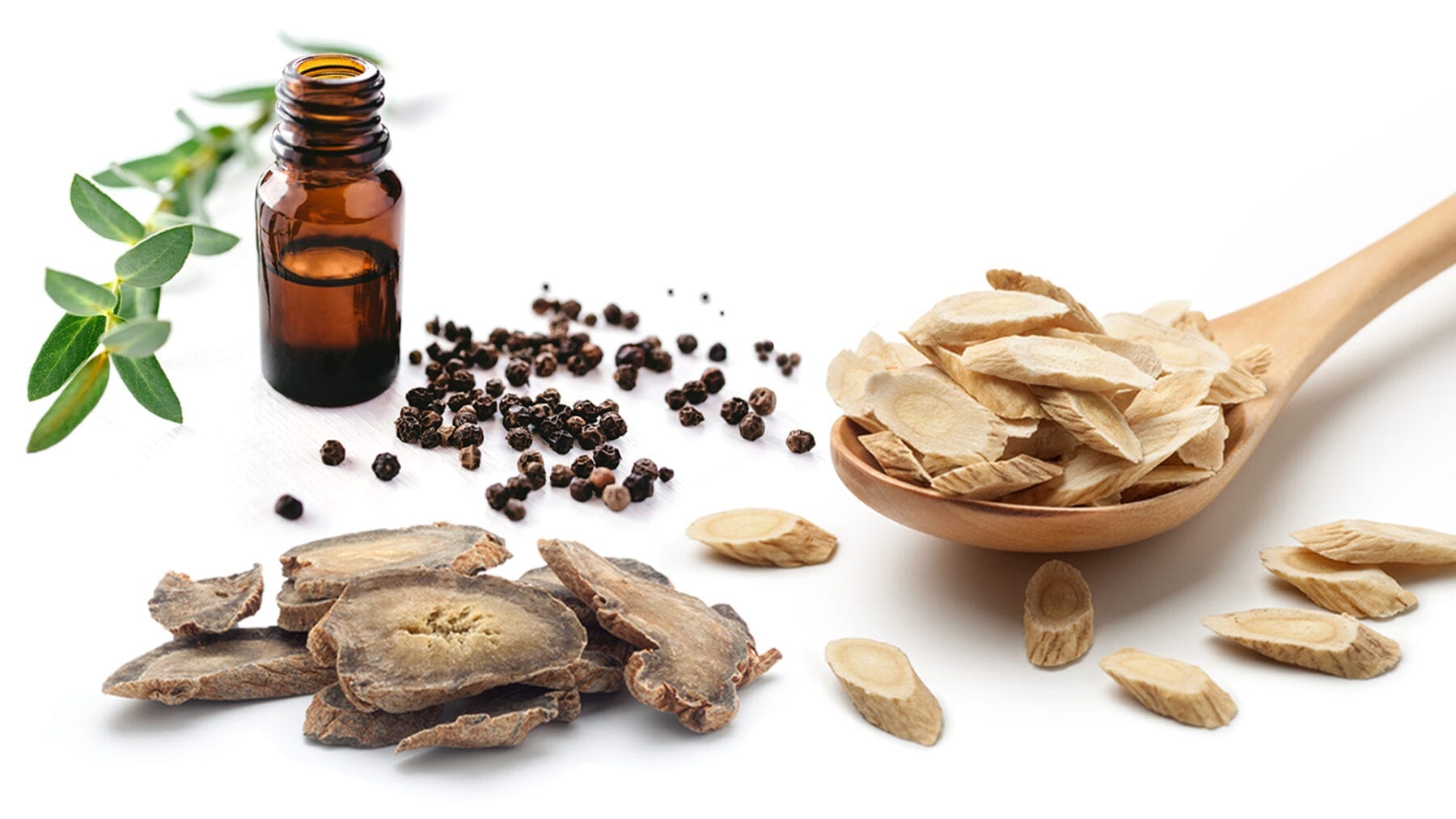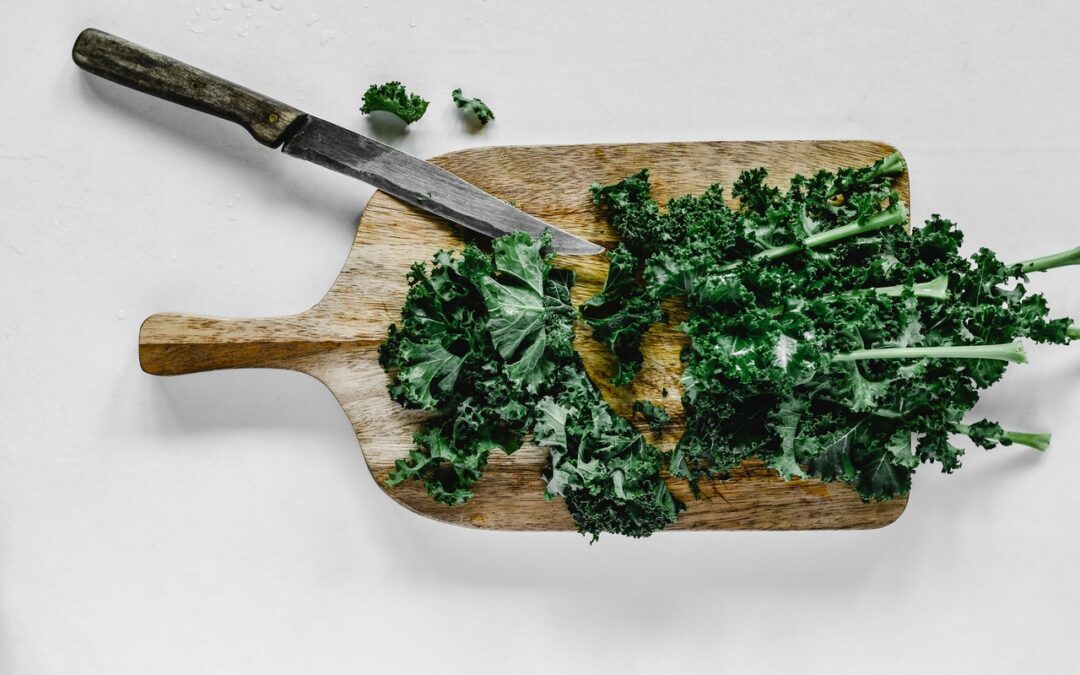
How Effective is Exercise for Heart Health?

Written by Dr. Mudassar Javed
Medical Officer (MBBS)
CATEGORIES
View All
BioWOW Foods® Safety/Quality
Full-Body Workouts
Healthy Eating
Joint Health
Self-Care Strategies
Supplements Guide
Featured Videos
The level of physical activity needed to attain good health is different for different age groups. It may also vary upon Body Mass Index (BMI). [2] The level and duration of physical activity according to the age group is listed in this article:
1.) Preschool Children (3-5 years):
At this age, activities throughout the whole day count as physical activities. Enjoyable and fun activities are recommended for this age group.
2.) K-12 children and Adolescents (6-17):
Daily one-hour moderate to vigorous activity in the form of running, short sprints, or other competitive sports is recommended for at least 3 days a week.
3.) Adults (18-64):
A daily brisk walk or jog for 30 minutes for at least 4 days a week is recommended. Muscle strengthening exercises are also recommended.
4.) Older Adults (65 & above):
The recommended level of physical activity for this age range is still a daily brisk walk or jog for 30 minutes for at least 4 days a week, but there is also now an added need to improve the balance of the body. [2]
The ideal BMI for an adult ranges from 18-25. If an adult has BMI above 25 but below 30, they are considered pre-obese. A BMI of 30 and more is considered obese. Pre-obese and obese people are at greater risk to develop chronic heart diseases. An intense workout with a strict diet plan to be followed is recommended as the first step of prevention from chronic diseases. [3]
Cardiovascular diseases are the leading cause of mortality worldwide. One of the most important causative factors is a sedentary lifestyle and lack of physical activity. A lack of physical activity results in insulin resistance in the body, which results in obesity. The vessels become prone to atherosclerosis and heart efficacy and health become compromised. However, if humans do the recommended level of physical activity for their age range, the risk of developing chronic heart diseases decreases by a factor of ten. The bottom line is exercise is essential for a healthy heart. If we want a healthy heart, we must make exercise a habit and part of our lives. [4]
—
References:
1.) Anon. n.d. “Benefits of Exercise.” Retrieved March 24, 2021 (https://medlineplus.gov/benefitsofexercise.html).
2.) CDC. 2020. “Physical Activity Recommendations By Age Group.” Centers for Disease Control and Prevention. Retrieved March 24, 2021 (https://www.cdc.gov/physicalactivity/basics/age-chart.html).
3.) Anon. n.d. “Body Mass Index (BMI) In Adults | American Heart Association.” Retrieved March 24, 2021 (https://www.heart.org/en/healthy-living/healthy-eating/losing-weight/bmi-in-adults).
4.) Nystoriak, Matthew A., and Aruni Bhatnagar. 2018. “Cardiovascular Effects and Benefits of Exercise.” Frontiers in Cardiovascular Medicine 5. doi: 10.3389/fcvm.2018.00135.
Supplements EVERYONE Should Consider

Written by Dr. Hafeez Arshad
General Physician













